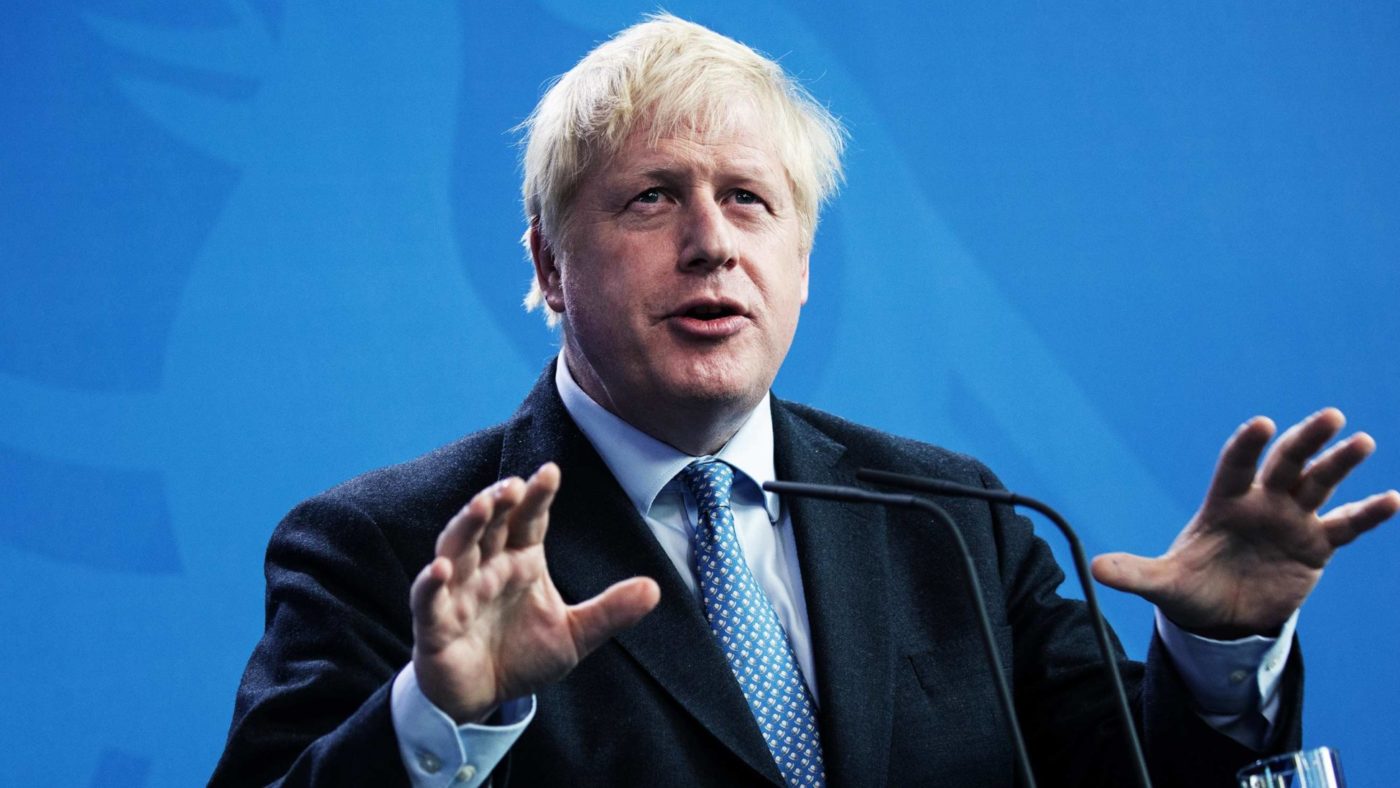When the possibility of the Government proroguing Parliament has been debated in the last year or so, it was envisioned that it would be simply leaving the Palace of Westminster vacant to carry Brexit over the line.
This has generated a lot of fascinating and, if you’re a constitutional geek, very engaging discussion. But it was always a vanishingly unlikely prospect, as I wrote at the time. Even if you thought it legal, it remained very hard to see circumstances in which delivering Brexit that way was advisable.
Unfortunately, that debate has nonetheless teed up a substantial section of the commentariat to associate prorogation with constitutional impropriety of some sort or another. Thus Twitter today resounds with the fury of people attacking the Government for something which the Government is not actually doing.
What Boris Johnson has actually announced is a time-limited prorogation in order to end the parliamentary session and introduce a new Queen’s Speech. Theresa May avoided doing this (itself a piece of procedural chicanery, depending on your view), but the new Prime Minister actually has something resembling a domestic agenda and by the usual standards of British politics this is long overdue.
It is for this reason that experts, even avowedly anti-Brexit ones, are pushing back against the idea that this is a ‘constitutional outrage’.
Strictly speaking, the entire affair will lose about one week of parliamentary time, effectively padding out the conference recess. The Commons will, on the current timetable, still sit both in September and the latter half of October, as Brexit day approaches.
This is therefore not a mechanism to brute-force a no-deal departure through. In fact, one possibility is that it is actually geared towards driving through a Withdrawal Bill.
The Government’s official line is that it is hoping to secure a modified deal from Brussels in October. Matt Chorley suggests that the tight deadline might not only help to bounce MPs into supporting it but also circumvent the Speaker’s refusal to allow the deal back (although surely if the Prime Minister actually secured changes to the backstop, that would be sufficiently different anyway).
Even if that isn’t the plan, there are certainly several tactical dimensions to this move beyond the Government’s official line – even if that doesn’t mean the official line is false.
First, having a Queen’s Speech gives Johnson an opportunity to put his entire domestic agenda on the table in a very high-profile way. The Government has been rolling out retail offers ever since he took office, and a fraught debate on a Queen’s Speech would put this programme front-and-centre at the very moment that Parliament might force a general election.
Second, as Lewis Goodall has pointed out, it simultaneously creates the opportunity for an effective confidence vote (the Queen’s Speech) whilst neutering it as a means of blocking Brexit. Such is the timing that were the Government to get no-confidenced after the Queen’s Speech, the 14-day period allotted by the Fixed-term Parliaments Act before a dissolution would carry the Government past Brexit Day on October 31.
Of course, the Commons could circumvent that by actually identifying and installing an alternative administration, the so-called ‘letter-writing government’, which would take office to extend Article 50. But whilst there may be an anti-Johnson majority in the Commons, there doesn’t appear to be a majority for anyone else.
And that, really, gets to the nub of the issue. This prorogation shifts the battlefield of the next few months a little in Johnson’s favour. It shortens the clock for his opponents and gives the Government a chance to tee itself up for an election it might not want but is determined to be prepared for.
But it isn’t a coup, neither in the literal sense nor in the figurative sense used to describe the ‘full-fat’ prorogue-until-November idea we’ve been discussing over the summer. Nothing the Government has done today would prevent the House of Commons from dismissing this executive and forestalling Brexit if the Commons actually had the will to do that.
Instead, we see time and again that whilst there might – might – be a majority of MPs opposed to the Government’s proposals, there is not currently a coherent force of MPs opposed to the Government. This matters because the supremacy of the Commons exists in the chamber’s capacity to act, not merely in totting up the number of MPs who wish for this or that and declaring it a constitutional imperative.
MPs may have been lulled into a false sense of security by the May regime’s excessively defensive, trench warfare approach to Brexit. But if they’re wrong-footed by Johnson’s war of manoeuvre, they will not be able to blame the constitution. As Robert Baratheon once put it: when only one side is “united behind one leader, with one purpose”, numbers are not enough to carry the day for the other.
CapX depends on the generosity of its readers. If you value what we do, please consider making a donation.


